Dennis Avilés Irahola obtained her doctoral degree at ZEF in 2005. Subsequently, Dennis worked as a consultant and advisor on local participation and gender inclusion in several countries. She returned to ZEF as a senior researcher in 2019.
“My doctoral education at ZEF provided me with an international profile and sharpened my analytical abilities in development issues”.
Fact sheet
- Dennis Avilés Irahola comes from Bolivia
- PhD at ZEF: 2001-2005
- PhD topic: Popular participation and decentralization in rural municipalities of Bolivia
- PhD funding agency: DAAD
- Supervisor: Professor Andreas Wimmer
- Current position: Senior researcher at ZEF (since 2019)
Brief portrait
After finishing her Master’s degree in Belgium and work experience in the development sector, Dennis Irahola Aviles felt a need for deeper understanding of the dynamics of development. She wanted to comprehend the complexities and marginalization in countries like Bolivia, where she had already worked with various German cooperation agencies and NGOs. So she decided to pursue a PhD and chose ZEF as her base, attracted by its interdisciplinary and international program.
For her doctoral research on popular participation in decentralization in rural Bolivian municipalities she compared Quechua and Guarani communities. “My aim was to compare how these groups take advantage (or not) of decentralization processes. I wanted to find out if these processes offered them more options for participation, a better access to economic resources and more power in decision making“, tells Dennis. Her study revealed that well-organized peasant groups benefited more from decentralization, while dispersed communities faced exploitation.
Over the years, Dennis continued to follow Bolivia’s decentralization and observed a decrease in regional autonomy due to increased centralization by subsequent governments.
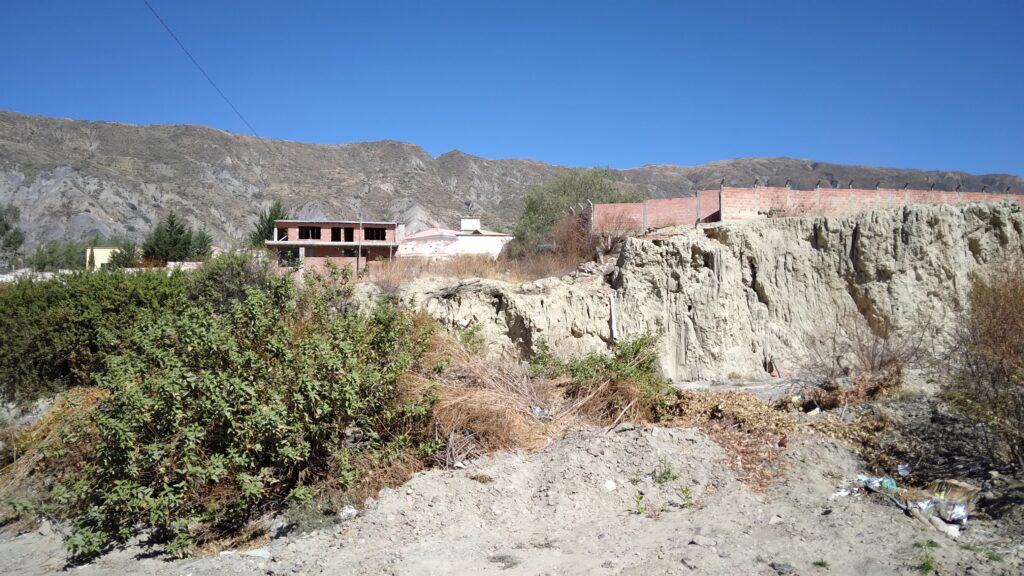
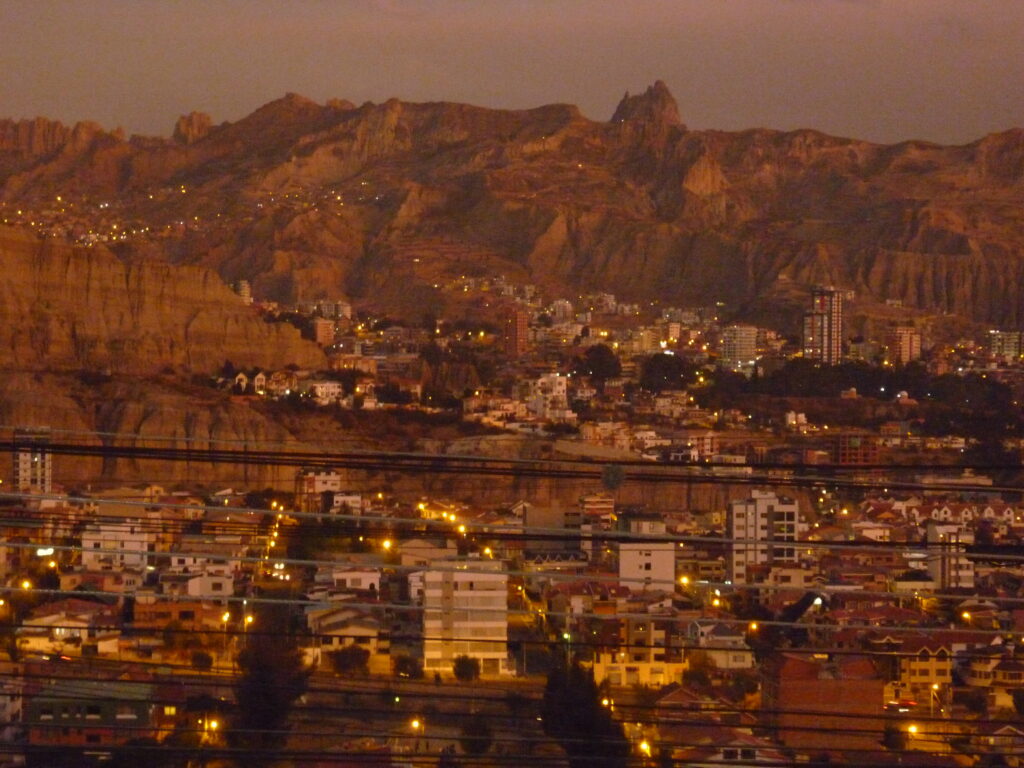

She describes the impact of her doctoral education at ZEF on her career as profound: “The doctoral education in Germany gave me an international profile and enabled me to apply for positions in different regions and countries. But it also sharpened my analytical abilities in the realms of development issues and power relations. In that context I started looking into gender mainstreaming and gender-sensitive research, which has marked my career till now“.
It further strengthened her interdisciplinary abilities, she tells, enriching her perspective through the interdisciplinary doctoral course program, exchange with diverse fellow students and attending the ZEF public lectures.
After completing her doctoral degree, Dennis worked as a consultant and advisor on local participation and gender inclusion before returning to ZEF as a senior researcher in 2019. When asked what she is most proud of with regard to her career, she replies: “Probably to be able to delve into the development world which had been dominated by technicians at the time. Their education had a clear focus on the natural environment and agriculture. But I was able to work with them and made them look into aspects such as gender relations and social inclusion”.
Reflecting on her career, Dr. Avilés also highlights the translation of her thesis into Spanish as a valuable contribution to the communities she studied and worked with.
Despite setbacks in global development, Dennis remains motivated by the evolving discourse around local power relations and environmental conflicts. She finds inspiration in local populations advocating for decentralized, community-defined development paths, emphasizing the importance of supporting such initiatives as academics and development practitioners.
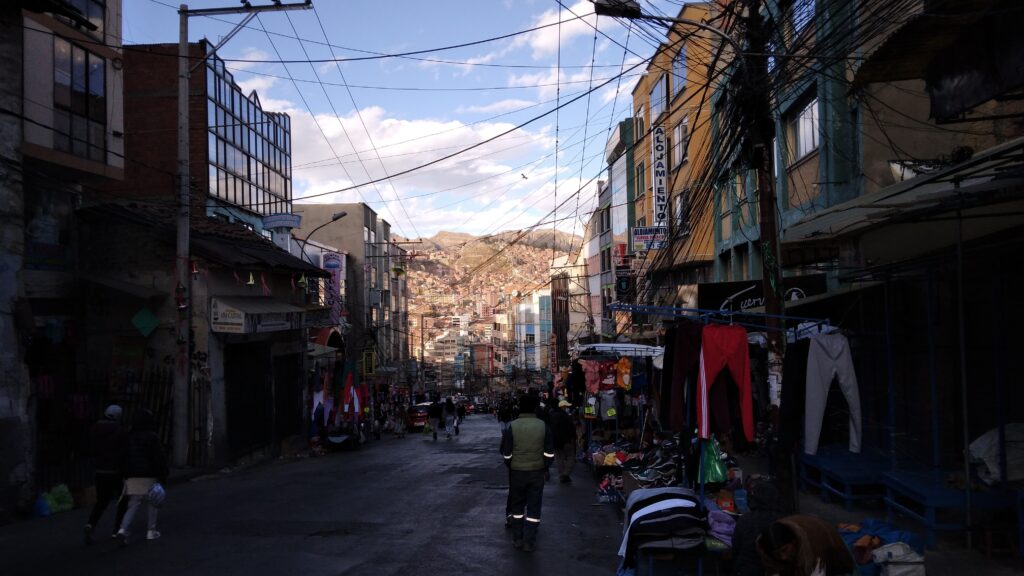

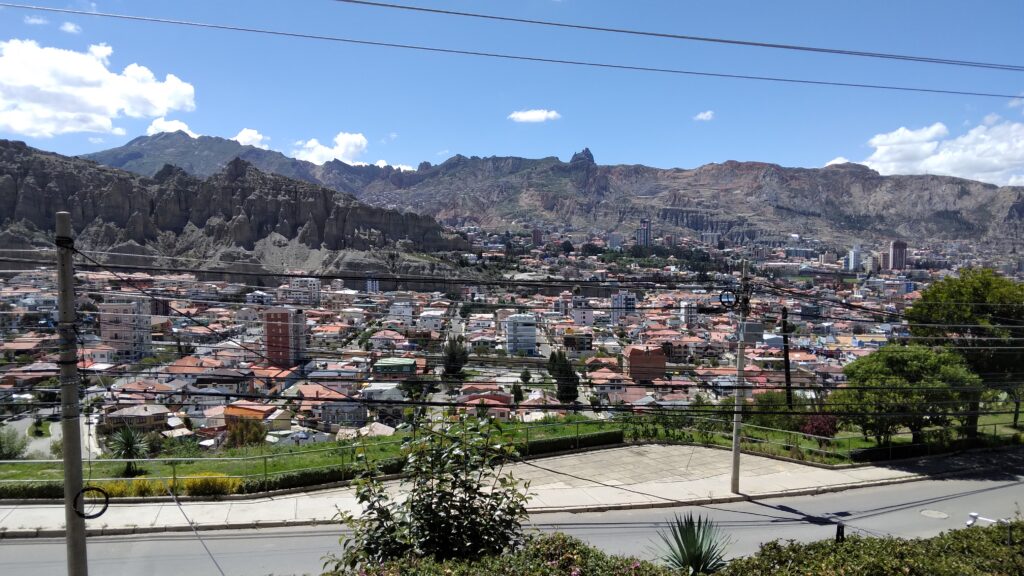
Photos in this post: Impressions from Bolivia (c) Dennis Avilés


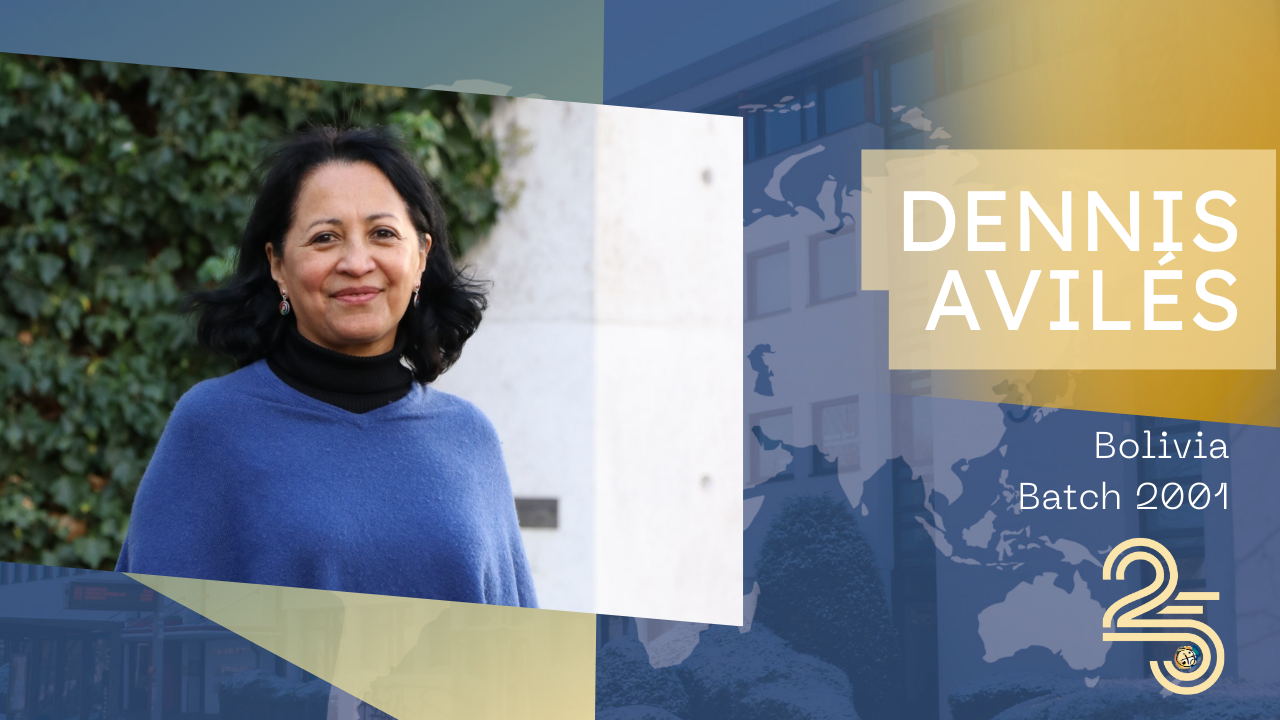
Leave a Reply